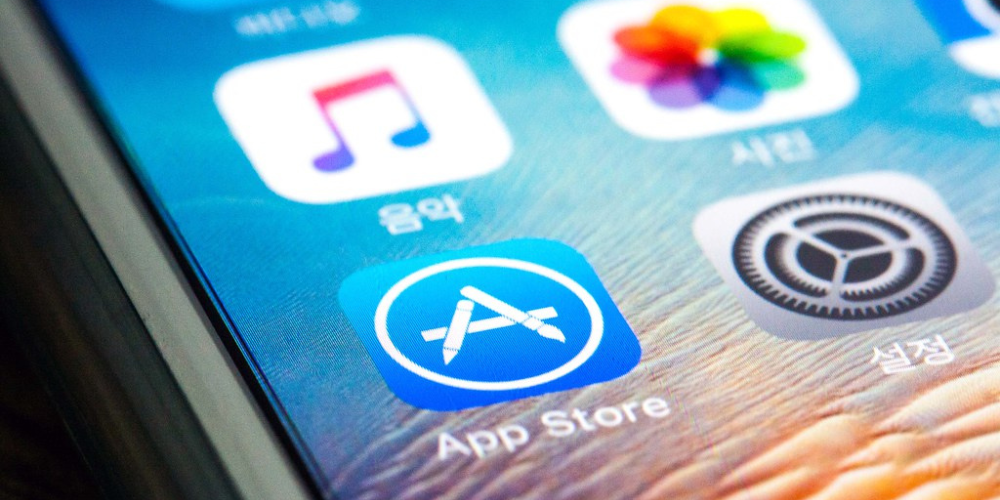
In an effort to promote fair competition and limit the overwhelming market control of large technology firms, Japan is developing new regulatory measures. These measures require industry giants, such as Google and Apple, to open up their devices to app installations from sources other than their proprietary stores, namely Google Play and the App Store.
According to a recent Nikkei Asia article, Japanese authorities are crafting legislation that would mandate big tech companies to enable the downloading of mobile applications through alternative app marketplaces and support diverse payment options for app-related transactions. This move is intended not only to foster a more competitive marketplace but also to check the potential monopolistic behavior of these companies within Japan.
The expected date for presenting this legislation to the parliament is sometime in the following year. The focus of the new rules includes key areas in the tech landscape: app marketplaces and payment systems, search engines, browsers, and operating systems. If these measures are enacted, the Japan Fair Trade Commission (JFTC) would be granted the power to levy penalties on businesses found to be in violation of antitrust laws, potentially fining them up to 6% of the income accrued from those unlawful activities. Anticipations are that more comprehensive details regarding this legislation will be disclosed before the onset of spring next year.
These proposed regulations are designed with the long-term vision of allowing Japanese developers to introduce their own third-party app stores on both iOS and Android devices. In addition, it is contemplated that developers will have the liberty to select from a variety of local payment processors that offer more favorable service charges.
Japan’s prospective regulatory plans are perceived to be in alignment with the European Union’s Digital Markets Act (DMA). Projected to be fully operational by 2024, the DMA outlines specific criteria for labeling firms as gatekeepers of principal platform services based on user metrics and market capitalization. For example, firms that serve over 45 million monthly users and have a market cap of EUR 75 billion are designated as gatekeepers under the DMA. One of the primary requirements is for Apple to facilitate the distribution of iOS applications outside the confines of its App Store.
Concurrently, Apple is reportedly making adaptations to accommodate the EU’s new regulations, including the possibility of allowing iPhone applications to be sideloaded in certain regions. It is anticipated that future versions of iOS will introduce this capability, in line with EU requirements, enabling users to install apps from third-party sources.